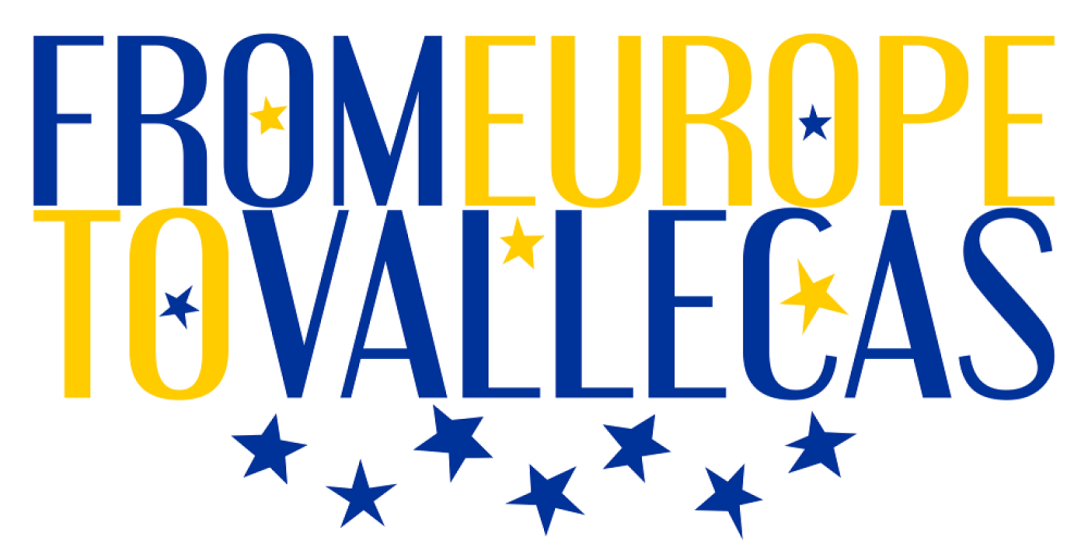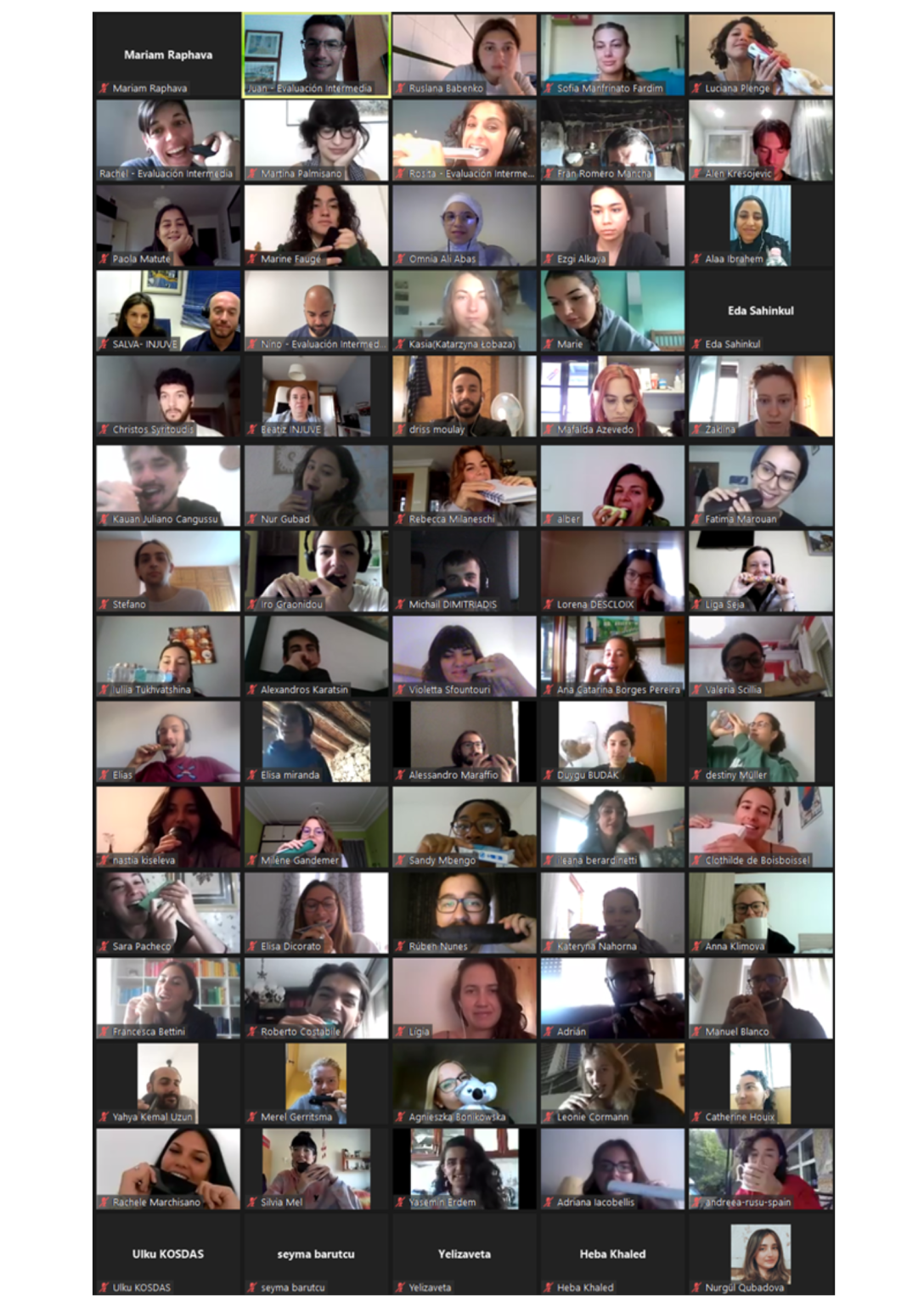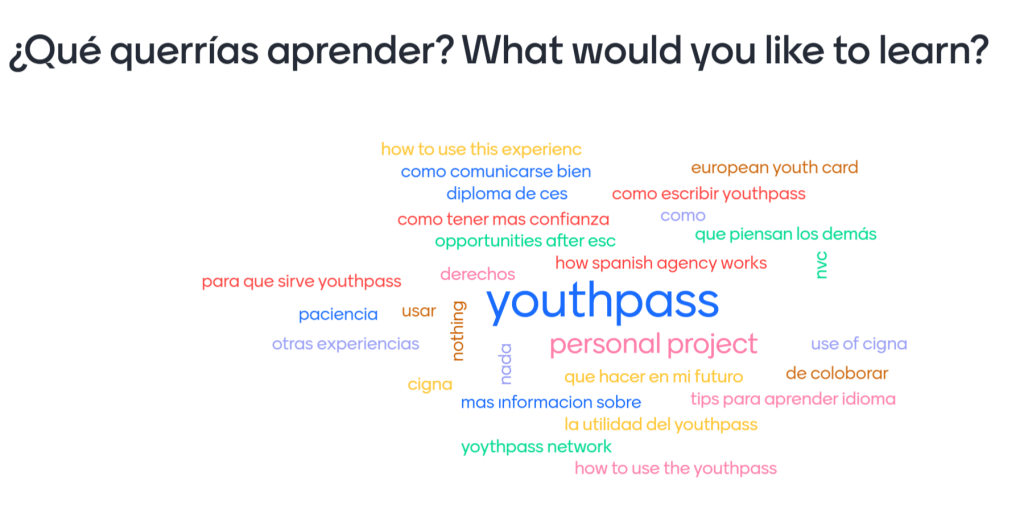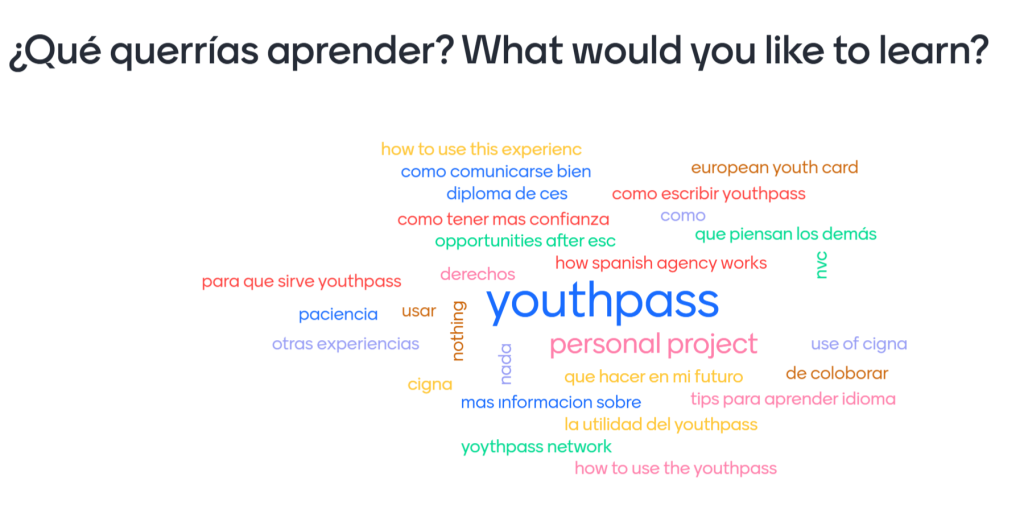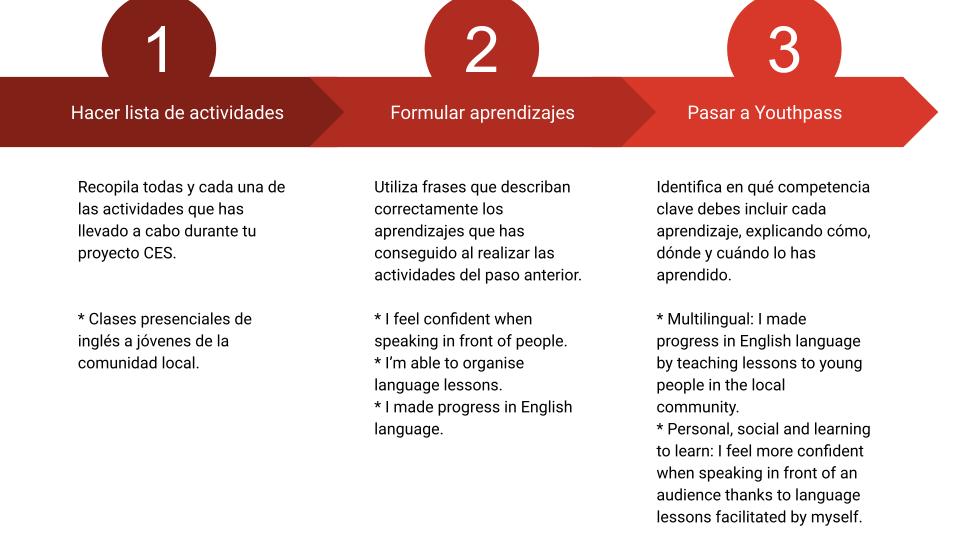Hace poco escribí que ya ha pasado la mitad de mi voluntariado. En esta ocasión, hice un pequeño resumen personal de mis experiencias hasta ahora. La semana pasada también tuve la oportunidad de participar en un evento más formal: la formación intermedia. La formación intermedia es una formación a la que todo voluntario debe atender durante su voluntariado.
Desgraciadamente, mi formación tuvo lugar en línea y duró 5 días de unas 5 horas cada uno. ¿Qué hemos hecho? ¿De qué hablamos? ¿Cómo es esa formación de evaluación?
En el artículo de hoy podrás leerlo.
Algunos datos
Mi formación duraba de lunes a viernes, de 9 a 14.30 horas, con un descanso de 30 minutos a mitad de la jornada.
La formación tuvo lugar en línea, en la plataforma Zoom. Participaron unos 70 voluntarios de diferentes partes de España, entre ellos algunos de Madrid y alrededores.
Día a día
El primer día fue un día de introducción a la formación y un día para romper el hielo y conocer a los otros participantes. Los facilitadores presentaron el plan de la semana, lo que haríamos cada día. Hablamos de nuestras expectativas y de lo que temíamos durante esta formación (muchos respondieron que temían el dolor de espalda, debido a tener que sentarse frente al ordenador 5 horas al día ;)).
Una de las actividades para conocerse era que todos tenían las cámaras apagadas, el formador hacía una pregunta (por ejemplo, ¿tocas un instrumento? o ¿eres hijo único?) y las personas que respondían “sí” encendían las cámaras. También hablamos en pequeños grupos sobre nuestros proyectos, dónde hacemos el voluntariado, cuáles son nuestras tareas, qué nos gusta de nuestro proyecto.
El segundo día nos permitió aprender más sobre el Cuerpo Europeo de Solidaridad, nuestros derechos y responsabilidades como voluntarios. Y esto se hizo de una forma interesante: los kahoots, que nos permitieron combinar el aprendizaje con la diversión. También aprendimos qué es el Youthpass y cómo prepararlo. También tuvimos tiempo para reflexionar sobre lo que habíamos aprendido y empezar a escribir nuestro Youthpass.
El tercer día se dividió en dos partes. La sesión de la mañana se dedicó a las emociones, la comunicación no violenta y la resolución de conflictos. Aprendimos a construir una comunicación no violenta en una situación de conflicto, para transmitir nuestros sentimientos a la otra persona, por ejemplo, sobre su comportamiento, sin juzgarla. La sesión de la tarde fue dirigida por participantes voluntarios. Varias personas propusieron actividades para todo el grupo y las llevaron a cabo.
El cuarto día hablamos del proyecto personal. Cada voluntario, durante su voluntariado, debe llevar a cabo al menos un proyecto personal: encontrar una idea, planificarla y llevarla a cabo, así como resumir y aprender lecciones para el futuro. En la segunda parte de la jornada, hablamos de las diferencias culturales de los distintos países y también tocamos el importante tema de la vida sostenible.
El quinto día fue una jornada de reflexión sobre lo que podemos hacer después del voluntariado. Tuvimos la oportunidad de reflexionar sobre dónde estamos emocionalmente ahora, de hacer un resumen de nuestras experiencias hasta ahora y de escribir una carta para nosotros mismos en el futuro.
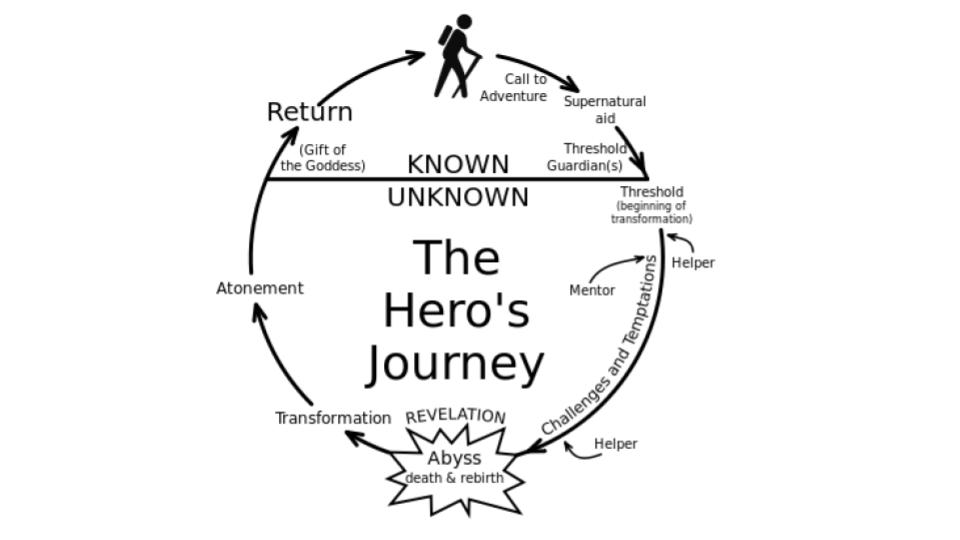
Mis impresiones
Aunque 70 personas para una forma de formación a distancia es mucho, aquí tengo que admitir que se llevó a cabo de forma bastante interesante, el contenido elegido fue variado, cada día hablamos de un tema diferente. A menudo trabajamos en grupos más pequeños, lo que nos permitió conocer a los demás participantes, dar nuestras opiniones e intercambiar experiencias y puntos de vista diferentes.
También hubo mucho espacio para la autorreflexión, para evaluar lo que hemos hecho hasta ahora, para pensar en qué más queremos hacer durante el voluntariado. También hubo tiempo para pensar en lo que queremos hacer después del voluntariado.
Aunque la formación se impartió en formato online, fue un tiempo valioso. Tuve tiempo para pensar en algunas cosas y entender mis emociones.

Agnieszka: mid-term training
Recently I wrote about the fact that half of my volunteering has already passed. On this occasion I made a small personal summary of my experience so far. Last week I also had the opportunity to participate in a more formal event – mid-term training. Mid term training is a training that every volunteer is required to attend while volunteering.
Unfortunately, my training took place online and lasted 5 days of about 5h each. What did we do? What did we talk about? What does such evaluation training look like?
You will read about it in today’s article!
Some facts
My training lasted from Monday to Friday, from 9:00 am to 2:30 pm, about halfway through the day there was one 30-minute break.
The training was held online, on the zoom platform. Approximately 70 volunteers from different parts of Spain participated, including several from Madrid and surrounding areas.
Day by day
The first day was an introduction to the training and a day to break the ice and get to know the other participants. the trainers presented the plan for the week, what we would do on each day. We talked about our expectations and what we were afraid of during this training (many people answered that they were afraid of back pain – due to the fact that you have to sit in front of the computer 5 hours a day ;)).
One of the activities for getting to know each other was that everyone had their cameras off, the facilitator asked one question (e.g., do you play an instrument? or are you an only child?) and people who answered “yes” turned the cameras on. We also talked in small groups about our projects, where we do volunteering, what our tasks are, what we like about our project.
Day two allowed us to learn more about the European Solidarity Corps, our rights and responsibilities as volunteers. And this was done in an interesting form- kahoot, which allowed us to combine learning with fun. We also learned what Youthpass is and how to prepare to write it. We also had time to reflect on what we learned and start writing our Youthpass.
The third day was divided into two parts. The morning session was devoted to emotions, non-violent communication and conflict resolution. We learned how to build a non-violent communication in a conflict situation, so as to communicate our feelings to the other person, e.g. about their behavior, while not judging them. The afternoon session was a session led by volunteer participants. Several people suggested activities for the whole group and carried them out.
On the fourth day we talked about the personal project. Every volunteer during their volunteering should carry out at least one personal project – finding an idea, planning and carrying it out, as well as summarizing and learning from it for the future. In the second part of the day, we talked about cultural differences in different countries, and touched on the important topic of sustainable living.
The fifth day was a day of reflection on what we can do after volunteering. We had the opportunity to think about where we are emotionally now, summarize our experiences so far, and write a letter to ourselves in the future.
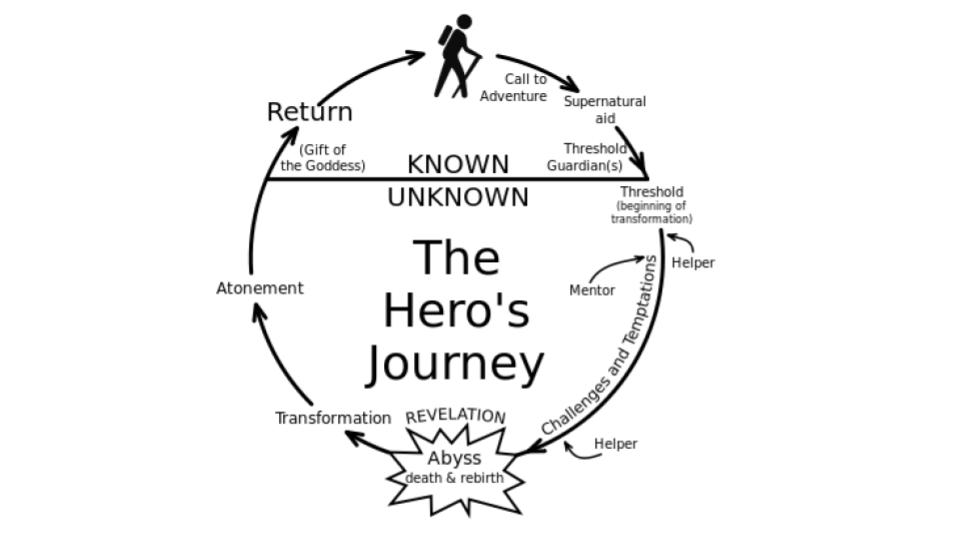
My feelings
Although 70 people with a remote form of training is a lot, here I have to admit that it was conducted quite interestingly, the selected content was diverse, each day we talked about a different topic. Often we worked in smaller groups, which allowed us to get to know other participants, present our opinions and exchange experiences and different points of view.
There was also a lot of space for self-reflection, summing up what we have done so far, thinking about what else we want to do while volunteering. There was also time to think about what we want to do after volunteering.
Although the training was conducted in an online format, it was a valuable time. I had time to think about some things and understand my emotions.
